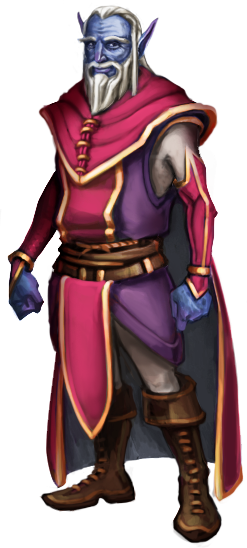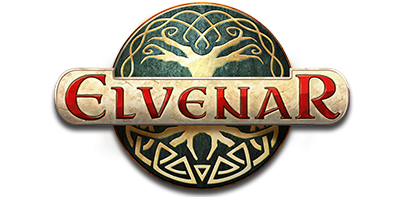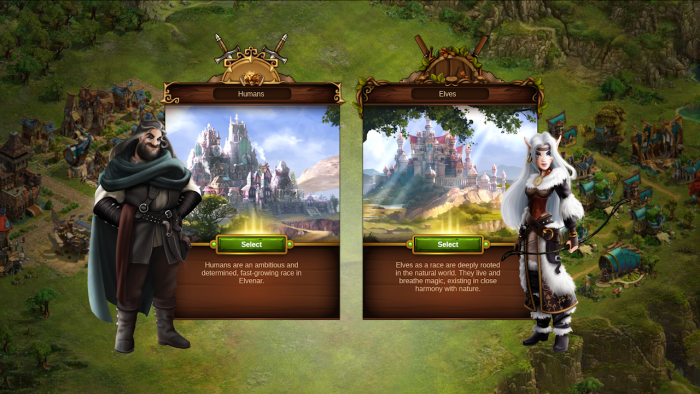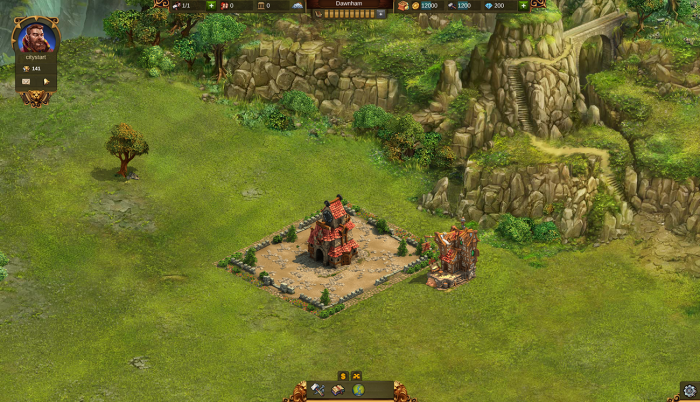Basis: verschil tussen versies
| Regel 29: | Regel 29: | ||
*In de '''[[Builders' Hut|Bouwmeester's Hut]]''' zul je je Werkers vinden. Zij helpen je gebouwen te bouwen en upgraden en dragen zorg voor je huidige constructies. | *In de '''[[Builders' Hut|Bouwmeester's Hut]]''' zul je je Werkers vinden. Zij helpen je gebouwen te bouwen en upgraden en dragen zorg voor je huidige constructies. | ||
=== | === Basis Grondstoffen === | ||
[[File:Hudrot.png|Top bar, showing available basic resources]] | [[File:Hudrot.png|Top bar, showing available basic resources]] | ||
Er zijn twee basis grondstoffen in Elvenar, die je helpen je stad op te bouwen: | |||
*Muntjes: Muntjes worden automatisch geproduceerd in je [[Residence|Woningen]]. | |||
*Voorraden: Om Voorraden te produceren, moet je daarvoor opdracht geven in een [[Workshop|Werkplaats]]. Elk type productie heeft een andere tijdsduur nodig. | |||
=== First steps === | === First steps === | ||
Versie van 6 mei 2015 10:19
Rassen
Direct nadat je je account hebt aangemaakt en inlogt op jouw spelwereld (spelserver), krijg je de keuze of je als Elf of Mens wilt spelen.
De gameplay van beide rassen is gelijkwaardig, maar je keuze zal van invloed zijn op een paar belangrijke zaken:
- Het uiterlijk van je stad zal afhangen van het ras dat je hebt gekozen. Elven zijn magische wezens en zij leven in harmonie met de natuur. Het ontwerp van hun gebouwen is ver ontwikkeld. Mensen zijn heel ambitieus en vastberaden, wat betekent dat ze een meer Middeleeuwse en geïndustrialiseerde stijl hebben.
- De militaire eenheden die je tot je beschikking hebt, zullen ook verschillen. Elven zullen bijvoorbeeld onder andere vertrouwen op Treanten en Mensen op Bijl Barbaren.
Wanneer we een nieuwe spelwereld (spelserver) krijgen op Elvenar NL, zul je ook de mogelijkheid hebben om als het andere ras te spelen.
Stadsoverzicht
In het begin start je met een beperkte ruimte om je stad te bouwen. Het Stadsoverzicht is een gebied, verdeeld in verschillende vakjes dat eruit ziet als een vierkant raster en waar je je eerste gebouwen kunt plaatsen om te beginnen met het ontwikkelen van je stad. Je zult beginnen met 15x10 vakjes.
Natuurlijk is je doel om uit te breiden en je grootste uitdaging is om de ruimte die je tot je beschikking hebt, zo optimaal mogelijk te gebruiken. Om je te bebouwen gebied te vergroten, kun je Uitbreidingen vrijspelen in je Onderzoeksscherm, ze vergaren door alle sectoren van een Provincie te verwerven of door Premium Uitbreidingen te kopen met diamanten. Elke Uitbreiding levert 25 nieuwe vakjes.
In het begin zul je al twee gebouwen in je stad vinden: Het Stadhuis en de Bouwmeester's Hut.
- Het Stadhuis is het middelpunt van je stad en fungeert als je opslagruimte. De meeste gebouwen moeten via een weg zijn aangesloten aan je Stadhuis om functioneel te zijn.
- In de Bouwmeester's Hut zul je je Werkers vinden. Zij helpen je gebouwen te bouwen en upgraden en dragen zorg voor je huidige constructies.
Basis Grondstoffen
Er zijn twee basis grondstoffen in Elvenar, die je helpen je stad op te bouwen:
- Muntjes: Muntjes worden automatisch geproduceerd in je Woningen.
- Voorraden: Om Voorraden te produceren, moet je daarvoor opdracht geven in een Werkplaats. Elk type productie heeft een andere tijdsduur nodig.
First steps

At the beginning of the game you should be aware of three things:
First, you can’t have a town without inhabitants (population). When you start building up your town, you should build a couple of Residences first. They ensure you have available population and generate Coins income. Most buildings you will want to build require inhabitants who can work in those buildings, and the construction costs consist mostly of Coins, which your Residences will generate. It is recommended you build at least eight Residences at the beginning. They are cheap and constructed in no time. Just don’t forget to connect them to the Main Hall using streets.
Secondly, you need to produce Supplies as soon as you have your Residences built. They are a very valuable resource used to construct certain buildings, and later also to produce Goods and to train your battle units. Supplies can be produced in Workshops, so it is recommended you build at least three of these as soon as you have a few Residences. With enough Coins and Supplies, your core economy is already in place and running smoothly.
And third, you will need Cultural Buildings in your town. This will allow you to upgrade other buildings and keep your population producing at maximum efficiency. Your city space is limited and always will be. So, upgrading buildings to improve their properties is key to make the most out of the space you have available. To upgrade, you will need many Coins and Supplies as well as inhabitants and Culture. Therefore, In order to advance your town, always make sure you have an adequate Culture surplus.
If you have more available Culture than required for upgrades, your citizens will be happier and will produce more efficiently. To a certain extent, this will be the cheapest way to earn more Coins and Supplies. Just don’t overdo it! It doesn’t make sense to have a town full of Cultural Buildings but no Residences to live in.
Now that your city is flourishing, it is a good time to go onto the World Map where you can scout a few Provinces and start collecting Relics. Relics will become useful very soon. Every time you receive a Relic, you will also receive a “Knowledge Point”. Don’t forget to spend those points regularly in the Research Tree. This will unlock new buildings and other things that will help your city to progress.
And one last bit of advice for beginners: Listen to your advisors! If you complete quests regularly, you will be generously rewarded, and it will be easy for you to proceed and advance in the game.


